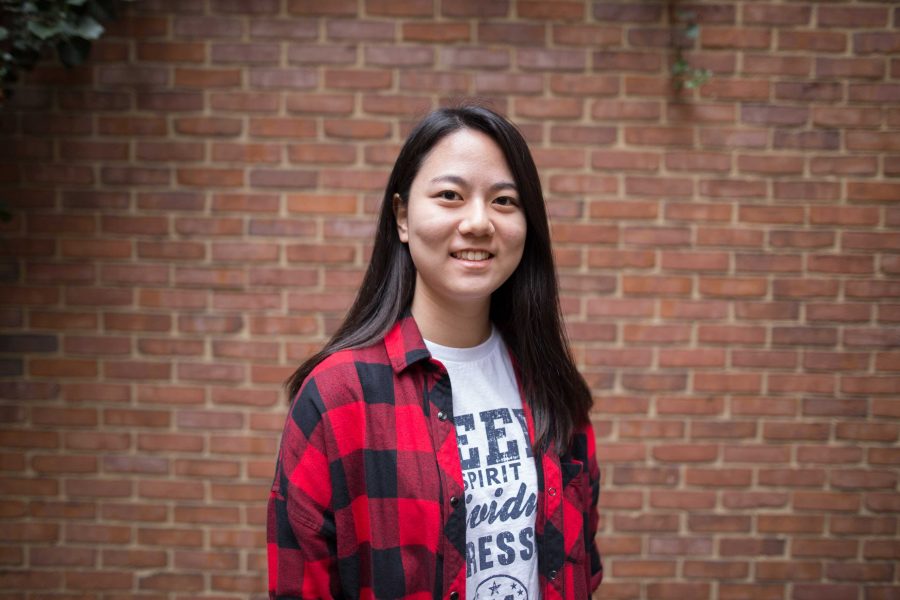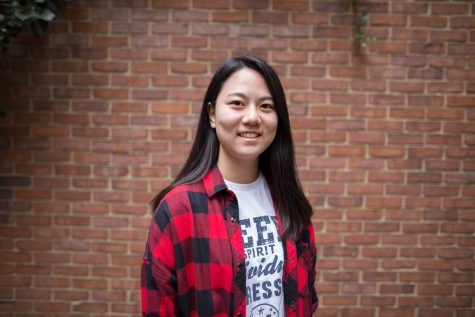In many ways, Vanderbilt is sealed off from the rest of the world: it’s a cosmopolitan bubble in the rural South, a blue bubble in a red state. Being largely cut off from conservative voices, Vanderbilt’s liberal campus culture underrepresents these voices. However, our strong political leanings may increase our susceptibility to fake news, some of which is beginning to target liberals. And though we may believe we’re well-equipped to distinguish and debunk false information, fake news taps into emotions and propagates simple narratives, which tend to undermine our critical thinking. This presents the need for a re-evaluation of our political beliefs and our assumptions.
‘Fake news’ is a phrase that is often mentioned, but rarely understood. From a summer abroad course in Copenhagen, I learned from EU officials and journalists that fake news is especially problematic when it is disinformation, or false information intended to mislead, rather than mere mistakes on the Internet. Like propaganda, disinformation campaigns are coordinated, aiming to influence public opinion, obscure the truth or sow mistrust in public institutions. The effects of disinformation become amplified in echo chambers, in which false information propagates because it confirms the biases or beliefs of the people in a given bubble.
For example, during last year’s French presidential elections, a fabricated image which supposedly proved that center-left candidate Emmanuel Macron had an offshore bank account spread from alternative news site “Disobedient Media” to pro-Trump activist Jack Posobiec’s Twitter account. Then, far-right candidate Marine Le Pen mentioned it during a live presidential debate, causing almost 7,000 Twitter users to share the image.
Although the rumor spread far and wide, press officers at the European Parliament found that their corrections to the fake news failed to reach the people who had actually engaged with the images. The corrections only reached those who hadn’t seen the original rumor in the first place.
In other words, the accounts which viewed and spread the rumor constituted a “filter bubble.” A study by the European Parliament defines a filter bubble as a “state of intellectual isolation” that results when an algorithm feeds users content based on their preferences, likely to the exclusion of information that conflicts with these preferences. Thus, the algorithm for a filter bubble of people who dislike Macron is more likely to reject a correction that vindicates him.
According to a report published earlier this year by the European Commission, filter bubbles can become “powerful echo chambers for disinformation campaigns.” Echo chambers are systems that reinforce claims or beliefs through repetition or confirmation bias. And according to a study last year by Vanderbilt professor Dr. Lisa Fazio, repetition of a claim, regardless of its validity, helps to establish the claim as true in our minds. Thus, even if the corrections to the Macron rumor had reached the right bubbles, those people may not have accepted them because they already strongly believed the rumor was true.
Now, disinformation is beginning to target liberals. The Guardian explains that liberal fake news includes stories of Melania Trump selling jewelry on the White House website and a boy being handcuffed at an airport due to Trump’s travel ban. Both stories tap into liberal anxieties regarding Trump; moreover, they confirm and enhance the overarching liberal narrative that the current administration is corrupt and cruel.
While we should always be critical of our beliefs, we should be especially cognizant given disinformation’s recent liberal bent. We should examine the origins and assumptions of our beliefs, that is, whether they stem from first-hand experiences or from something we’ve heard or read, especially online. The perception that our assumptions seem to match the assumptions of people around us doesn’t validate those assumptions–we could simply be in an echo chamber. Moreover, liberals tend to think they are smarter or more tolerant than conservatives, but everyone is susceptible to disinformation.
Not only should we think critically about our own beliefs, but we should also consider our audiences when we speak. Rather than assuming certain political or cultural norms, we should keep in mind that others, whether they be conservatives or liberals, may think very differently from us. And when people feel that they are the political “other,” they may be afraid to voice their opinions, thus impeding the intellectual diversity that promotes learning and empathy. According to former student Matt Colleran, conservative students are afraid to speak out against the liberal status quo.
Policymakers and social media platforms are now at last appreciating the effects of disinformation, though it may already have destabilized democracies and obscured the truth. As students, we develop every day the critical thinking skills to combat false information and to engage in respectful dialogue. And as the next generation of leaders, we have the potential to reverse the trend of increasing national polarization. But that reversal begins here—on campus.
Займ ночью МФО предоставляют онлайн в сумме от 100 рублей до 30 000 рублей сроком до месяца.
Justine Hong is a junior in the College of Arts and Science. She can be reached at [email protected].













